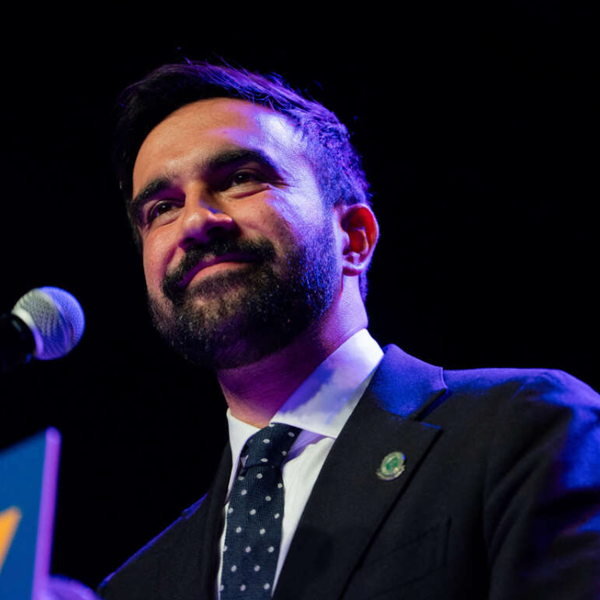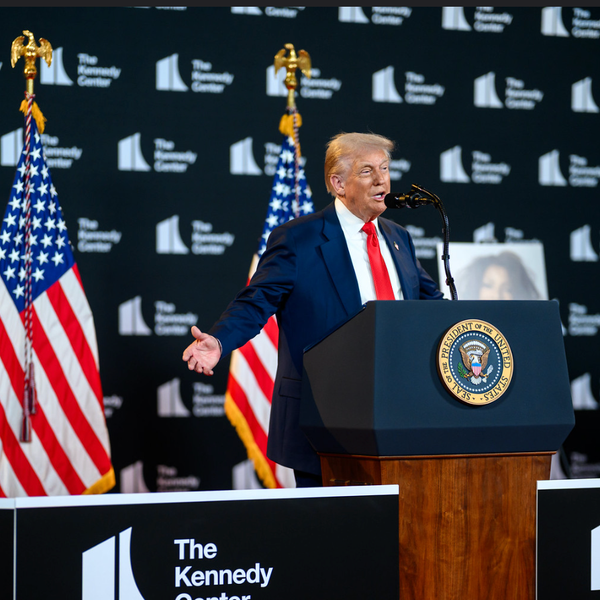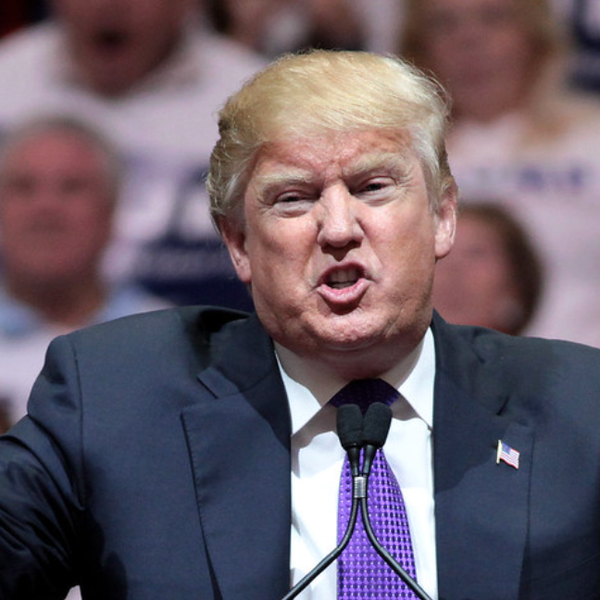
By David Lightman, McClatchy Washington Bureau
FORT COLLINS, Colo. — Virginia Ortega could decide who wins Colorado’s Senate election.
A volunteer in a Catholic gift shop, she’s worked all her life, picked cherries as a child, worked as a deli clerk and in food services at a jail. She cares deeply about the poor. And she’s not impressed by what she’s heard from politicians this year.
“All my life I’ve seen people ignoring the poor,” said Ortega, a classic swing voter who’s registered as a Democrat but also has voted for Republicans. This fall, she’s disappointed in President Barack Obama, but not convinced the local Republican running for the Senate is the answer.
What will she do on Election Day? Not sure. “It’s iffy,” she said.
In Hispanic neighborhoods all over Colorado, Latino voters feel strongly that Washington has ignored them, and many warn they won’t vote — a choice likely to make a big difference in this state’s pivotal U.S. Senate race between Sen. Mark Udall, the Democrat, and Cory Gardner, the Republican.
Democrats disappoint Latino voters, who see little progress in revamping immigration or education policy, issues that resonate deeply in Hispanic communities. And they’re just plain angry at Republicans, whom they see as intent on keeping Mexicans and Central Americans out of this country.
They had high hopes for President Barack Obama, who got 71 percent of the Latino vote nationally in 2012. Today it’s easy to find many of those same voters thinking the same way as hair salon owner Connie Martinez in this swing area of Colorado.
“People feel let down,” she said. “There were so many promises and no action.”
Fourteen percent of Colorado voters are Latino. They went 3-to-1 for Obama in Colorado in 2012 and are expected to back Udall in November. But Udall needs a big turnout.
Colorado is the only state with a close Senate race this year that has a large Hispanic voting bloc. While nationally Latino influence is growing, 2014 is an anomaly. In eight states with tight Senate races, Hispanics are 4.7 percent of eligible voters, compared with 10.7 percent nationwide.
That’s meant less emphasis on issues of special concern to the Latino community.
“People are angry. They’re definitely angry,” said Matthew McClellan, executive director of National Council of La Raza Action Fund, a Hispanic advocacy group. “We’re being ignored over and over and over again.”
The biggest complaint involves immigration, particularly Obama’s on-and-off attention to the issue. Latino leaders have criticized him for not moving more quickly on changing the immigration system but applauded his 2012 announcement that his administration would not deport thousands of younger undocumented workers.
Last year, he and other Democrats, with some Republican help, pushed a landmark immigration overhaul through the Senate. Republican opposition in the House of Representatives has doomed the effort. Many Latinos wish Obama had pushed harder.
The latest bout of anger erupted in September, when Obama said he’d delay executive action on major immigration policy until after the election. In June, he said in a Rose Garden appearance that he asked top advisers to recommend what action he could take without delay.
“The president’s time to mend any relationship with our community is quickly running out,” said Cristina Jimenez, managing director of United We Dream, an immigration activist group.
Udall tried to put some distance between himself and Obama, saying he was “disappointed” with the latest delay, but voters still tie the two men together. “I feel we were lied to” about immigration, said Julie Salas, a fast food restaurant manager. “He’s supposed to make people legal.”
Plenty of Latinos still plan to vote for Udall, if only because they see Gardner as “extreme,” as construction worker Mark Trujillo put it.
Gardner rejects the label. At a Fort Collins campaign stop Wednesday, Perry Lorenz, an electrical engineer, asked if “the next new 100,000 jobs, should they go to Americans or should we bring in immigrants to take those jobs?”
“Immigrants are Americans,” Gardner said. Border security was the first priority in revamping the immigration system, then a “system that works,” he said.
The candidates insist wooing Latinos is an important part of their campaign. Gardner was meeting Friday with Hispanic business leaders, and a Udall bus tour Saturday included community leaders.
“We’re not concerned about lagging turnout,” said Chris Harris, Udall’s communications director. Latino Democrats have been in neighborhoods for years promoting the candidates, he said.
Republicans are fighting back by showing up, too. The party has three “engagement officials” who organize house parties, show up at Hispanic events and stay active in local communities.
They talk about immigration and education and how it fits neatly into the Republican way. “Why do a lot of people migrate? Economic opportunity,” said Annie Flecha-Hirsch, a University of Denver student. “How do I achieve that? Through education.”
Voters remain skeptical and wary of the politicians, though. On College Avenue in Fort Collins, Gardner campaigned at the Moot House restaurant, where former Mayor Ray Martinez introduced him. Martinez figured he was the only Hispanic in the crowd of about 150 people.
In a strip of shops and services that serves the Latino community, Leslie Chandler and her daughter, Brittany Garcia, were eating lunch at Taqueria Express.
They weren’t sure they’d vote. “We don’t know enough about it,” said Garcia, a college student.
Her mother was more pointed, saying politicians tend to group Latinos together. “The candidates,” she said, “don’t think about what we think.”
Photo via Theo Stroomer/MCT
Want more political news and analysis? Sign up for our daily email newsletter!








